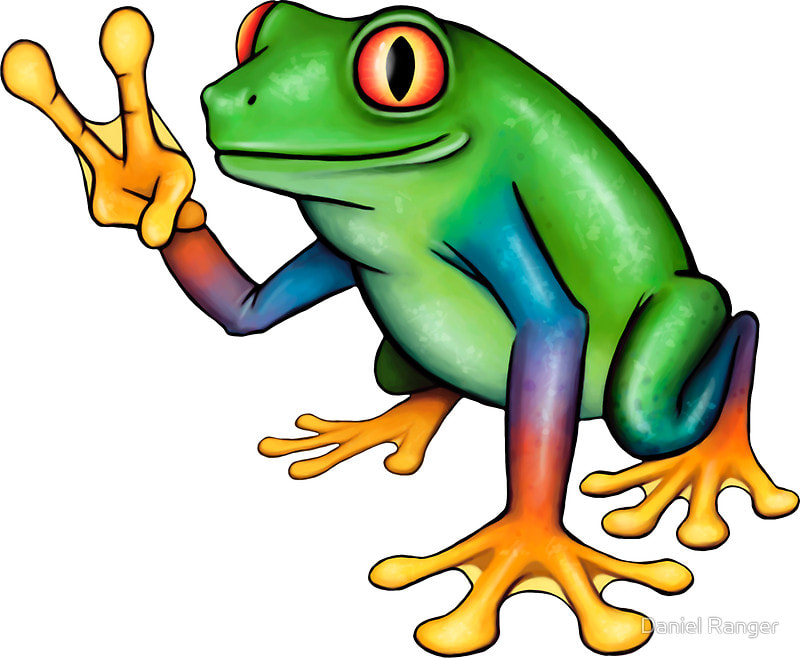I had to stop and think about that for a moment. I took a bite of breakfast and asked Dharma, "I'm confused. You are telling me that when I criticize my friend...or anyone else...that it says more about me than the other guy?" "That's exactly right, Little One. Astute mental health professionals can formulate a viable diagnostic hypothesis just from hearing someone's criticisms." Dharma then proceeded to explain to me why criticism can be harmful to any relationship He said that not all criticism is bad or destructive but it is when 1. About personality or character and not about behavior, 2. Filled with blame, 3. Not focused on improvement, 4. Based only on one "right way" to do things and, 5. it is belittling. Dharma reminded me that Kahlil Gibran once wrote, To belittle, you have to be little." Criticism, my wise teacher told me, is an utter failure at getting positive change. Any short-term gain we might make serves to build resentment down the line. This is why criticism fails. A. It calls for submission and frogs (humans, too) hate to submit. B. It devalues us and nobody likes to feel devalued. While humans and frogs hate to submit, we all do like to cooperate. Critical humans (and us frogs) seem oblivious to this fact. The valued self cooperates; the devalued self resists. If you want behavior change from a partner, child, relative, or friend, first show value for the person. If you want resistance, then criticize. Why do critical beings keep criticizing, even when they're smart enough to know it isn't helpful? Dharma believes that criticism is an easy form of ego defense. We don't criticize because we disagree with an attitude or behavior. In fact, we criticize because we feel devalued by that behavior or attitude. Critical people tend to be easily insulted and especially in need of ego defense. Experts agree that critical people (frogs, too) were often criticized in childhood at an age when criticism can be very painful. They cannot distinguish criticism of their behavior from outright rejection, no matter how much we try to make the distinction for them, as in the well-intentioned, "You're a good boy/girl, but this behavior is bad." Therefore a child under seven can take even "soft-pedaled" criticism as meaning they’re bad and unworthy. There's a fine line to walk between causing them to feel bad about themselves and the need to correct bad behavior.
Most critical people remain primarily critical of themselves. And that feeling gets transferred to others who may exhibit attitudes or behaviors that make them feel belittled and uncomfortable.
Nobody is perfect. For self-critical people (and frogs like myself) that's a hard fact to accept. We often believe that our criticisms are meant to help others behave in ways that we feel are correct. We don't see that there might be other ways of doing things and other ways of behaving that can also be acceptable. For us, it's our way or the highway.
As Dharma finished up his meal and sipped the last of the tea, he reminded me to go easy on my friend and that maybe, just maybe, I should take a little time for self-reflection. Criticism isn't helpful to anyone. It hurts and belittles others while strengthening our own need to be the "police" of others. For as hard as we self-critical beings are on others, we're doubly hard on ourselves. Nobody wins here.
I hope you benefitted by Dharma's sage advice. I know I have. And I will try to be more lenient with my friend's behaviors. I hope you'll plan on coming back tomorrow. Until then,
PEACE.

 RSS Feed
RSS Feed